Relationship dynamics play a significant role in how people recover from substance use disorders (SUD). According to Substance Use and Misuse, “Families of substance abusers may develop maladaptive strategies, such as codependency, to address drug-related problems.” Getting treatment for a SUD becomes complicated when your friends, family, or significant other practices enabling behaviors.
Codependency occurs when the desire to protect someone you love turns into behavior that allows the other person to avoid taking responsibility for their actions. Some of these unhealthy relationships are one-sided, while others are mutually toxic — relationships involving two individuals who meet the criteria for a substance use disorder (SUD) increase the risk of severe injury or overdose. Relying on one person creates an environment where progress and healing become limited by the willingness of both participants to change.
Examples of Codependent Behaviors
You may be unaware that your relationship exhibits codependent tendencies. Based on your past experiences, it might seem normal to have the fate of another person tied to every choice you make. You may have seen the same patterns in close family members and do not recognize it as unusual or unhealthy. The following are examples of maladaptive codependent behaviors that often get overlooked:
- Feeling personally responsible for someone else’s happiness and self-worth
- Replacing your own needs and wants to accommodate those of someone else
- Personally feeling accountable for someone else’s life and choices
Different Ways Codependency Undermines Progress
People need to process events and learn healthy alternatives to make progress during treatment and recovery. Codependency often takes the form of enabling, avoidance, and excuses. You cannot learn to move forward without looking back at past actions and recognizing them as unhealthy. You might find self-reflection difficult if a loved one tries to rationalize or minimize your past behaviors.
Some relationships involve two codependent individuals who enable one another. Breaking that cycle is incredibly hard as long as they stay together without both getting help. Sometimes complete separation during treatment is the best option for everyone involved because it takes away the safety net of excuses. Long-term sobriety requires a personal choice to stop unwanted behavior.
Codependency, Substance Use Disorder, and Dual Diagnosis
Often both participants in a codependent relationship meet the criteria for one or more disorders. When someone has a SUD, then accountability is vital to successful long-term sobriety. To fully recover, people need to face the consequences of their actions and take accountability seriously. Those first few steps can be frightening, especially for individuals who have never known another way of life. However, real change starts by moving away from relationships that keep you tethered to substance abuse.
Codependency can weaken resolve and increase instances of avoidance. Facilities like White House Recovery and Detox provide group and one-on-one therapy where participants can explore these relationships and find healthier ways to interact. Learn more about how peer interactions can help by visiting our Group Therapy page.
What to Do After Identifying Codependent Relationships
Once you learn to identify codependent individuals in your lives, stop encouraging the maladaptive relationship. A few ways to do this include:
- Attending joint and independent therapy sessions to find healthy ways to interact
- Temporary or permanent separation accompanied by therapy to provide space and clarity
- Separate treatment for SUD and gradual reintegration into the relationship with the assistance of long-term therapy
What to Do When You Recognize Signs of Codependency
Anyone with a friend or loved one who abuses substances can avoid becoming an enabler by learning how to recognize the signs. The signs listed below indicate codependent behaviors, which you should avoid in relationships involving people with SUD or mental health disorders.
- Taking personal responsibility for situations and issues caused by someone else’s choice
- Protecting the person misusing substances from the fallout and consequences of their actions and choices
- Accepting the blame for their addiction or feeling guilty about their choices
- Avoiding confronting the person about how uncomfortable their substance abuse makes you feel
- Feeling guilty about suggesting they get professional help
- Feeling guilty about ensuring your own mental and physical well-being
- Coming up with excuses or actively covering up mistakes made by the person abusing substances
- Cleaning up evidence of substance abuse to keep a loved one safe
- Providing financial assistance despite knowing the money may be used to contribute to addiction and substance abuse
The Benefits of Family Therapy
Cycles of addiction and abuse often cause codependency, mental health disorders, and SUDs. Many individuals who live within a codependent relationship remain unaware “they are losing themselves — and sometimes their identity — in the relationship.” Treatment accompanied by one-on-one and family therapy is the safest and healthiest way to move forward in recovery. Learn more by reading our page on Family Therapy.
Codependency can happen when a close relationship becomes dysfunctional. Often one or both individuals have difficulty maintaining healthy boundaries. The results can be dangerous and potentially deadly for families, friends, or couples who share a substance use disorder because codependency can make it harder to get treatment. When one person is covering for the other and making excuses, this enables substance abuse. For your safety, you might need to separate yourself from the person in your life who allows your addiction to continue even if you love them. The healthiest option is sometimes taking a break from the relationship, and over time you can get back together by attending individual and family therapy. White House Recovery and Detox provides family therapy during treatment to help people address relationship issues that could interfere with their recovery. Learn more about how White House Recovery and Detox can help you by calling us today at (800) 510-5393.

